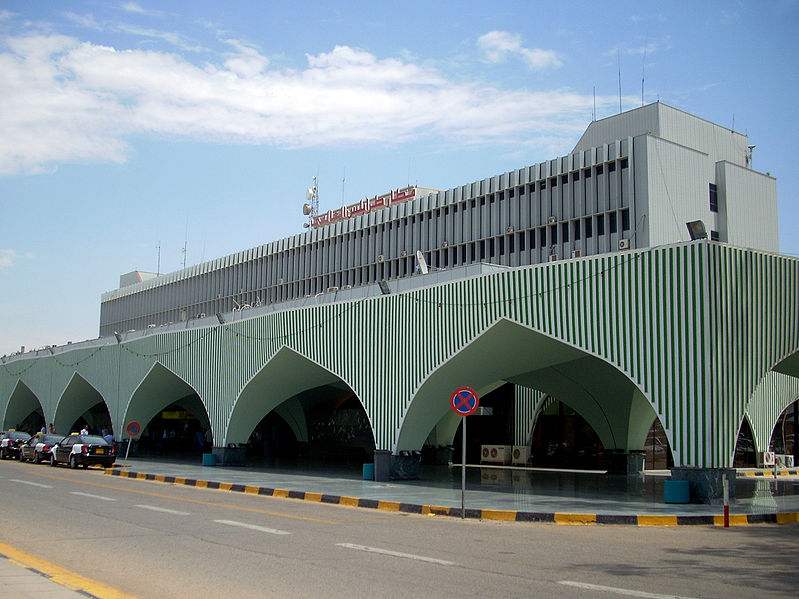Tripoli, 11 June:
Libyans believe that the success of last year’s revolution is being compromised by poor security, weakness in the rule . . .[restrict]of law and the slow pace of transition, according to a new report.
In spite of these challenges however, Libyans still believe the country to be moving in the right direction, citing new freedoms, a flourishing civil society and small improvements in local security as specific examples.
The findings are contained in new report by the National Democratic Institute (NDI), which sampled more than 110 Libyans of both genders from a range of different ages and backgrounds. The survey took place in April 2012, six months on from the end of the revolution, in Benghazi, Derna, Misrata, Sabha, Tripoli and Zintan.
Amongst the biggest frustrations for Libyans is what they perceive as the generally slow and chaotic pace of change, and they place much of the blame for that on the NTC and the transitional government.
“I think the government and the council [are] a failure; they don’t implement any of their decisions”, said one young woman from Zintan.
A young man from Benghazi also complained about the government’s failure to translate decisions into actions, but cited unclear lines of authority and the division of power between the government and the militias as the problem. “Those in office can’t force anyone to obey their decision”, he said. “If they don’t have the power to implement their decisions then all plans will fail, even if you have the best government.”
Others believe that expectations about the pace of change are too high, and that Libya will require time to adjust from dictatorship to democracy. The very fact that the authorities can now be openly criticised for their failures was cited as a significant improvement over life under the Qaddafi regime. “In the old regime we used to stay quiet when you saw something wrong, but it’s different now. It’s going to be harder to play around with the people”, another young man from Benghazi said.
Whilst Libyans are well aware of the NTC and the transitional government, however, public recognition of exactly what will replace them remains low. Few Libyans have any information on the National Congress or its mandate. Although some know that it will oversee the drafting of Libya’s constitution, few are aware that it will not itself be the drafting body. “I am not sure what its role is. I don’t know because there’s no media or anything explaining it. To pick out a President maybe?” said one educated young woman from Benghazi.
There also seems to be limited recognition of the new political parties. “Who are they?” asked one young man from Benghazi, when told about the Justice and Development party, the political arm of the Muslim Brotherhood in Libya.
However, whilst less well aware of who the political parties are, perceptions of the desirability of political parties in general does seem to be improving. When a similar survey was conducted in November 2011, many Libyans were still hostile to political parties, believing them to be divisive and untrustworthy. In part, the report’s authors believe this to be a legacy of the Qaddafi era, during which time all political parties were banned and condemned as contrary to the public good. Whilst some suspicion still remains, many more Libyans now understand the role of political parties in a democracy. “Every political party has to compete; this is great because they will compete on being better for our country, so we end up with the best”, said an older man from Zintan.
The report also found that whilst Libyans believe that Islam should play an important role in public life, they have little time for Islamist political programmes. “We know our religion; they [political parties] don’t need to talk about it. They should focus more on their work and what they will do,” said one young man from Derna.
As one of the few political movements with broad public recognition, many Libyans, in particular women, appear to be cautious of the Muslim Brotherhood. “I feel fear when I hear their name because I fear extremists. They might ban a lot of women’s rights,” one young woman from Zintan said. “I will not vote for them because I feel they are using religion as a cover to reach authority”, said another young woman from Sabha.
However, antipathy to the role of women in Libyan political life appears to extend beyond the Muslim Brotherhood. “I can work with women but I still can accept them representing me”, said one young man from Misrata. “If the woman and man have the same qualification I will vote for the man because the woman will have other responsibilities such as raising children, plus she is naturally more emotional,” said an older woman from Derna.
The report concludes by urging Libya’s new rulers to demonstrate their commitment to democracy and the rule of law by visibly promoting anti-corruption and transparency mechanisms, and prioritising the security situation. The need for better communication to enable Libyans to more clearly understand what is happening now and what is planned for the future is also emphasised. An important part of this process, the report concludes, is expectation management: impressing on Libyans that the transition to stability and democracy after 42 years of dictatorship will take considerable time.
[/restrict]









